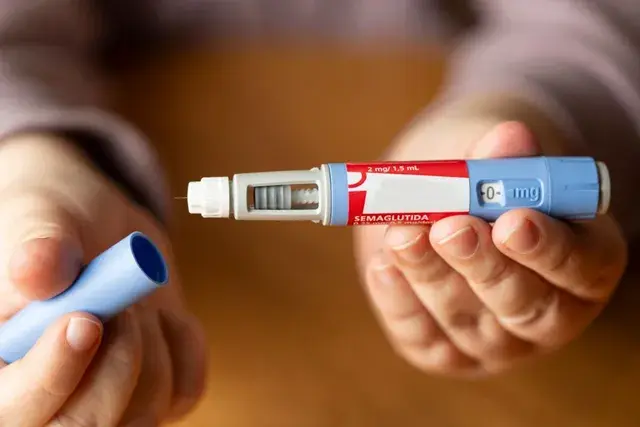Effective Weight Loss Strategies Without Exercise: A Comprehensive Guide
- fitmedicalweight2
- May 30, 2024
- 3 min read

Losing weight without exercise is indeed possible, although it requires a strategic approach focusing on dietary modifications, lifestyle changes, and mindful habits. Whether due to physical limitations, time constraints, or personal preferences, individuals seeking to shed excess pounds without engaging in structured exercise routines can still achieve significant results through other means. In this comprehensive guide, we'll explore evidence-based strategies and practical tips for effective weight loss without exercise.
1. Prioritize Nutrient-Dense Foods
One of the most crucial aspects of weight loss without exercise is maintaining a nutrient-dense diet. Focus on consuming whole, minimally processed foods such as fruits, vegetables, lean proteins, whole grains, and healthy fats. These foods are not only rich in essential nutrients but also tend to be lower in calories, making them ideal choices for promoting weight loss.
2. Practice Portion Control
Portion control plays a critical role in managing calorie intake and achieving weight loss goals. Be mindful of portion sizes and aim to eat smaller, more frequent meals throughout the day to keep hunger at bay. Using smaller plates, measuring serving sizes, and paying attention to hunger and fullness cues can help you maintain portion control without relying on structured exercise.
3. Mindful Eating
Practicing mindful eating involves paying attention to the sensory experience of eating and being fully present during meals. Slow down, savor each bite, and focus on the taste, texture, and aroma of your food. Mindful eating can help prevent overeating, promote better digestion, and enhance your overall satisfaction with meals, all of which contribute to successful weight management.
4. Stay Hydrated
Drinking an adequate amount of water is essential for weight loss and overall health. Water helps to keep you hydrated, suppresses appetite, and supports metabolic function. Aim to drink at least 8 glasses of water per day, and consider replacing sugary beverages with water or other low-calorie alternatives to reduce calorie intake.
5. Limit Processed Foods and Added Sugars
Processed foods and added sugars are major contributors to excess calorie intake and weight gain. Minimize your consumption of processed snacks, sugary beverages, and high-calorie desserts, opting instead for whole, nutrient-dense alternatives. Reading food labels and choosing products with minimal added sugars and artificial ingredients can help you make healthier choices and support your weight loss efforts.
6. Get Plenty of Sleep
Adequate sleep is crucial for weight loss and overall well-being. Lack of sleep can disrupt hormonal balance, increase appetite, and contribute to weight gain. Aim for 7-9 hours of quality sleep per night, and establish a regular sleep schedule to promote better sleep hygiene and support your weight loss goals.
7. Manage Stress
Chronic stress can sabotage weight loss efforts by triggering emotional eating and promoting unhealthy behaviors. Practice stress management techniques such as deep breathing, meditation, yoga, or spending time in nature to help reduce stress levels and support your weight loss journey.
8. Keep Track of Your Progress
Monitoring your progress can help keep you motivated and accountable throughout your weight loss journey. Keep a food diary to track your calorie intake, and regularly weigh yourself or take measurements to monitor changes in your body composition. Celebrate your successes and learn from setbacks, using your progress as motivation to continue making positive changes.
9. Seek Support
Seeking support from friends, family members, or a healthcare professional can be invaluable during your weight loss journey. Consider joining a weight loss support group, working with a registered dietitian or nutritionist, or enlisting the guidance of a health coach to provide accountability, encouragement, and personalized guidance along the way.
Conclusion: Achieving Weight Loss Without Exercise
In conclusion, effective weight loss without exercise is achievable through a combination of dietary modifications, lifestyle changes, and mindful habits. By prioritizing nutrient-dense foods, practicing portion control, staying hydrated, getting adequate sleep, managing stress, and seeking support, you can successfully shed excess pounds and improve your overall health and well-being. Remember that sustainable weight loss takes time and consistency, so be patient with yourself and focus on making gradual, lasting changes that promote a healthier lifestyle for the long term.



Comments